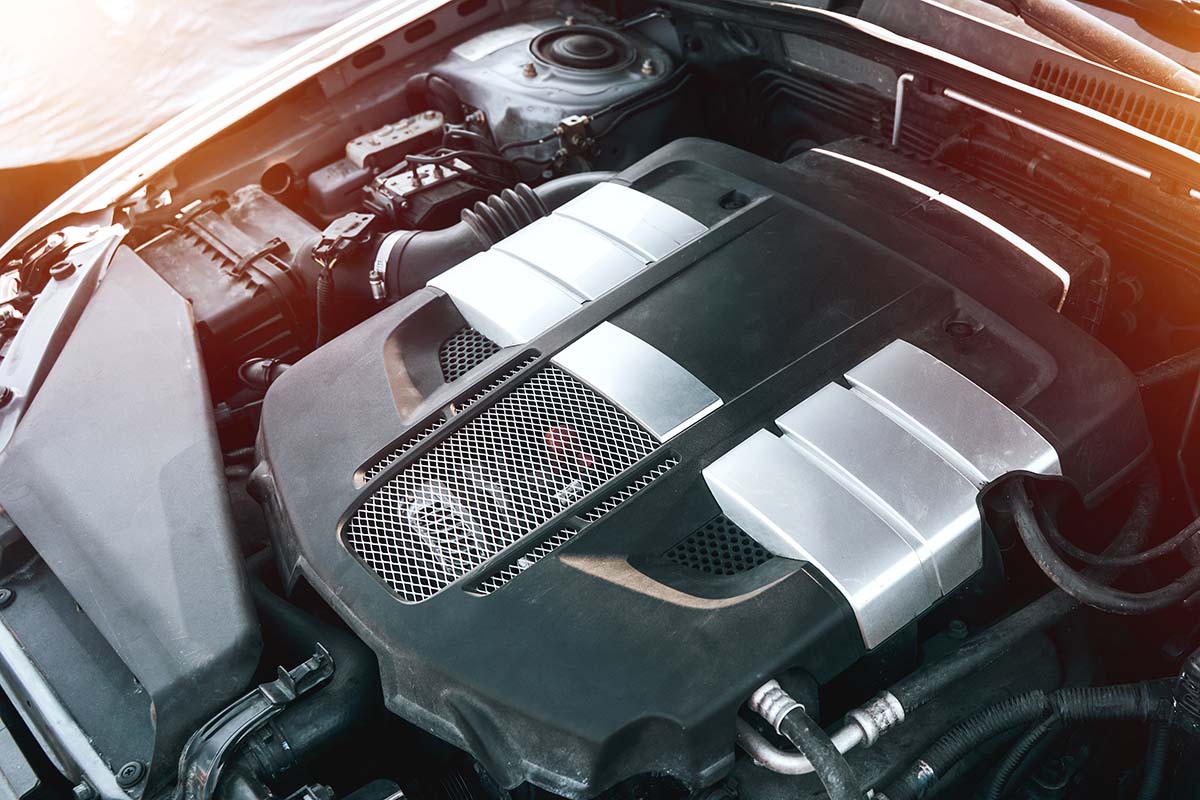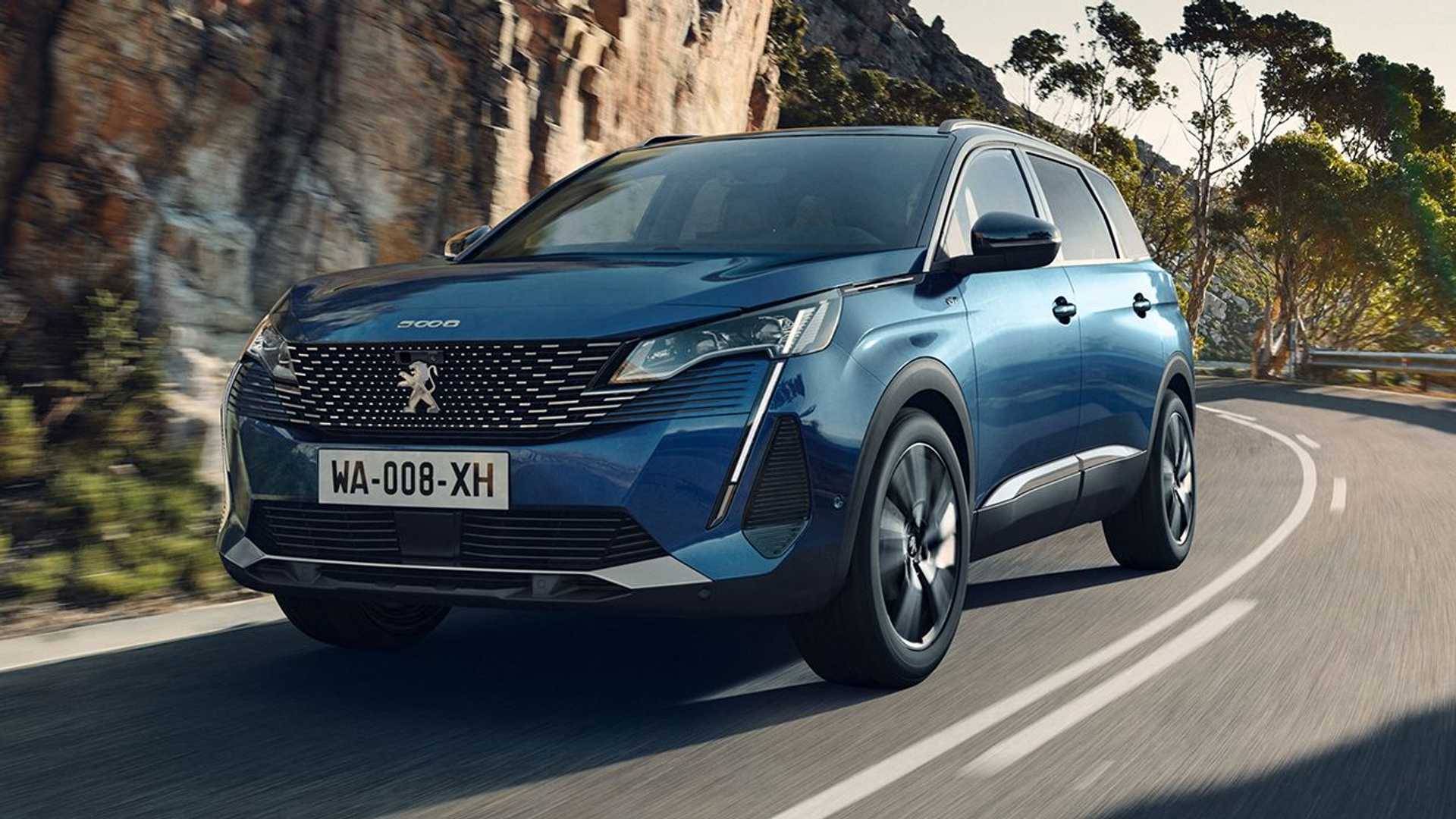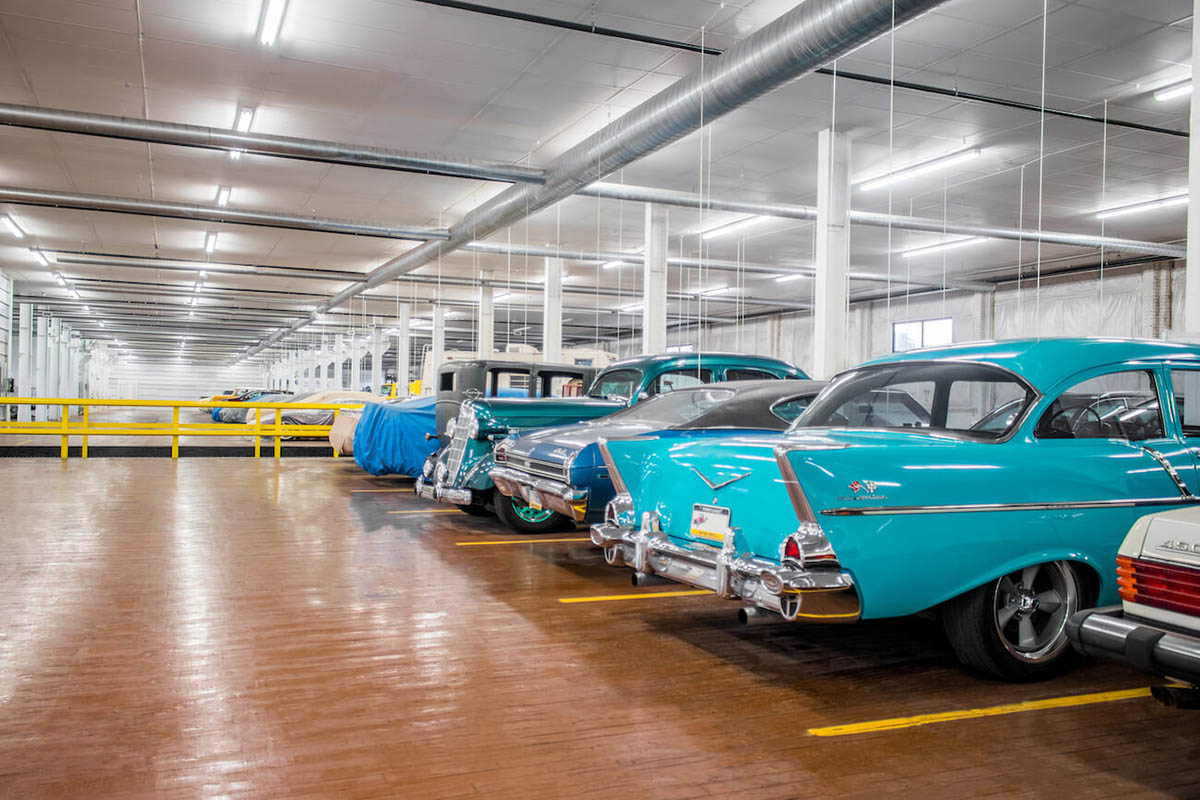Maximize Your Powerstroke’s Performance with a Strategic Intercooler Upgrade
KEY POINTS
- Upgrading the intercooler can lead to improved combustion and engine efficiency.
- Benefits include reduced EGTs, enhanced towing reliability, and the support for increased horsepower.
- Installation should be carefully considered to ensure compatibility and optimal performance benefits.
Upgrading the intercooler on a Ford Powerstroke diesel engine can offer many benefits beyond just cooling the air charge. Due to the nature of turbocharged engines, the intercooler plays a crucial role in reducing the temperature of the compressed air before it enters the combustion chamber.
Cooler air is denser, contains more oxygen, and contributes to more efficient combustion, which is vital in a diesel engine. The result is an improvement in overall engine performance, fuel efficiency, and, potentially, a reduction in engine wear over time.
Owners can expect to see tangible improvements in intercooler upgrades, such as the 7.3 powerstroke intercooler upgrade. This can include minor power gains, more reliable towing capabilities, and the ability to support higher horsepower builds.
Additionally, a reduction in exhaust gas temperatures (EGTs) is often observed, which is beneficial for the longevity and reliability of the engine, especially under heavy loads or during extended towing scenarios.
Installation of an aftermarket intercooler can be a technical task, and owners should carefully consider the upgrade’s compatibility with their specific engine setup.
An upgraded intercooler can work in conjunction with other performance parts to optimize the engine’s output, making it an essential modification for enthusiasts aiming to push their Powerstroke engines further.
Understanding Intercooler Function and Benefits
Upgrading the intercooler on a Ford Powerstroke enhances engine performance and efficiency. The intercooler is critical in managing air intake temperatures and improving overall engine function.
Boosting Engine Performance
An intercooler cools the air compressed by the turbocharger before it enters the engine. The cooler air is denser and contains more oxygen, which is fundamental for combustion. An upgraded intercooler typically provides a larger volume of cold air, leading to improved horsepower and torque. Owners can often feel a noticeable difference in engine response and power, especially with other turbo upgrades.
Improving Fuel Economy and Efficiency
Using an intercooler improves thermal efficiency by reducing the engine’s tendency to knock, which can occur with heated air. Cooler air also allows for a more controlled burn of fuel, which can improve the engine’s fuel economy and make the combustion process more efficient. This means more miles per gallon and better fuel use.
Supporting Performance Modifications
An upgraded intercooler is a foundational upgrade for Ford Powerstroke owners looking into performance modifications. It’s especially relevant when installing tuning mods or bigger turbos.
The intercooler works to support these mods, enabling the engine to handle higher boost levels without overheating. This translates to sustained performance without compromising reliability or longevity.
Optimizing Exhaust Systems
The exhaust system can also operate more effectively with cooler and denser air from the intercooler. An improved air charge from a high-quality intercooler can improve exhaust flow, reducing back pressure and allowing the engine to breathe easier.
Furthermore, aftermarket exhaust systems, combined with turbo upgrades, can maximize the gains from an intercooler upgrade, leading to a more robust and efficient engine.
Installation and Upgrade Considerations
When considering upgrading your Ford Powerstroke’s intercooler, it’s important to select your specific model, understand the installation process, maintain the intercooler properly, and prepare for any potential challenges.
Selecting the Right Intercooler
Choosing an appropriate intercooler is crucial for achieving the desired boost in engine performance. Owners should look for intercoolers designed for their specific Powerstroke engine, whether a 7.3, 6.0, or 6.7L model.
Aftermarket options from reputable brands such as Banks, Mishimoto, or PPE offer enhanced air intake capabilities, better towing performance, and increased horsepower and torque.
Additionally, ensure the upgrade supports custom tuning to maximize the improved airflow. A proper 7.3 powerstroke intercooler upgrade can provide substantial benefits to older models.
Understanding The Installation Process
Installation of an upgraded intercooler typically requires mechanical knowledge and precision. It involves disassembling the front-end components, removing the stock intercooler, and cautious handling of fuel injectors and coolant filtration kits to prevent leaks.
Professional installation is recommended to ensure proper fitment and prevent issues such as a head gasket or EGR cooler complications.
Home mechanics should be prepared with the right tools and follow detailed instructions to avoid any errors.
Maintenance Tips for Upgraded Intercoolers
Maintaining an upgraded intercooler involves regular inspections for any signs of wear, such as degrading of intercooler boots, which can lead to boosted leaks.
It’s advised to check the intercooler’s connections and reinforce them with heavy-duty silicone options to ensure reliability.
Keeping the intercooler clean from obstructions will provide the optimal performance of your Powerstroke engine.
Addressing Potential Challenges
Upgrading an intercooler can sometimes lead to unforeseen challenges. Potential fitment issues can arise due to the varied sizes of aftermarket intercoolers.
Custom tuning may be necessary to accommodate the increased airflow and optimize fuel efficiency.
Be prepared to address these challenges by consulting with trusted mechanics or forums where fellow Powerstroke owners share their experiences and solutions.
Conclusion
Upgrading the intercooler on a Ford Powerstroke can lead to distinct performance enhancements. Improved airflow results in cooler intake temperatures, increasing power and torque.
These alterations also contribute to a reduction in exhaust gas temperatures, promoting longer engine life and greater reliability.
For enthusiasts seeking to optimize their vehicles, intercooler upgrades are a strategic choice with tangible benefits.




















